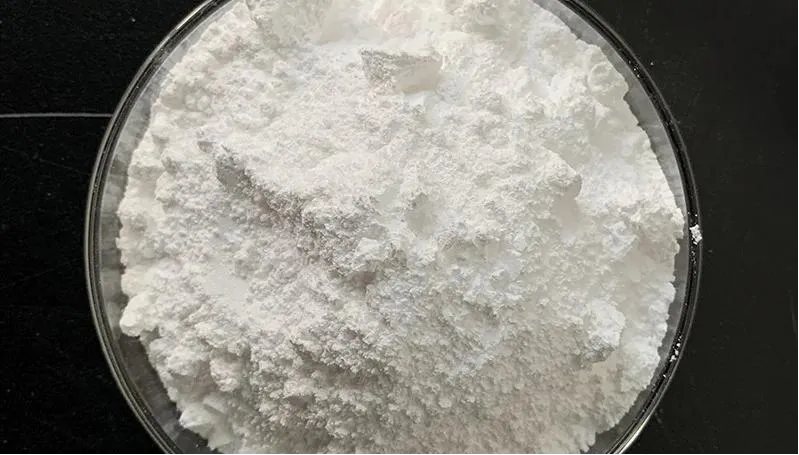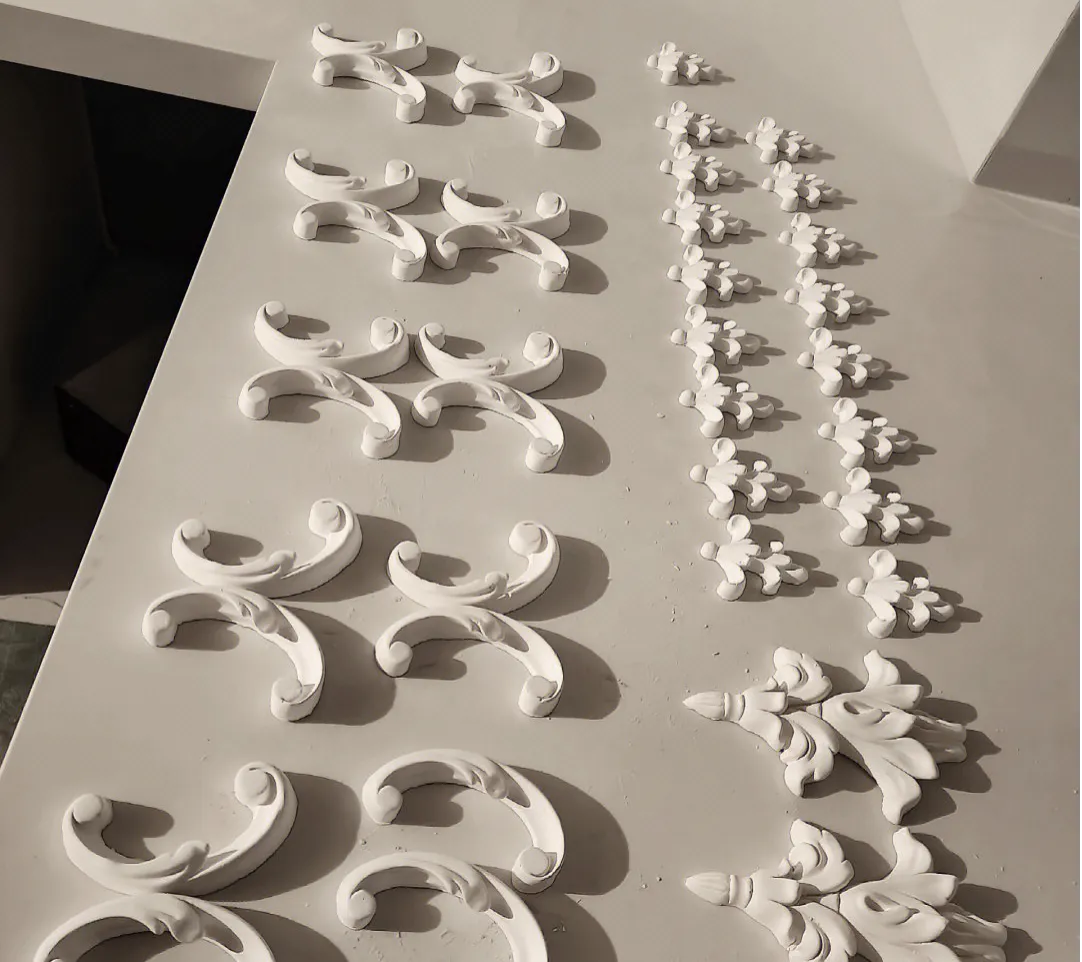
Understanding Retarders and Accelerators in Gypsum Plaster: Performance and Applications
In construction and building materials, setting time is critical—especially when working with plaster and gypsum-based materials.

What Is a Gypsum Retarder Chemical and Why Is It Used?
To control the hardening process, manufacturers and contractors use additives like gypsum retarder chemical ਅਤੇ gypsum plaster accelerator to either slow down or speed up the setting reaction of gypsum.
A gypsum retarder chemical slows down the hydration of calcium sulfate hemihydrate (plaster of Paris), giving workers more time for application and finishing. This is particularly useful in large-scale projects or warm environments where materials set too quickly. The most common retarder in gypsum is cream of tartar (potassium bitartrate), known for its ability to delay setting without compromising strength. This naturally derived compound is often referred to as cream of tartar plaster retarder in construction circles.
Many DIY users and professionals look for easy-to-use products that extend working time. Products like extra time plaster retarder Screwfix offer convenient, pre-packaged solutions to control plaster setting. Whether you're working on decorative molding or large wall surfaces, having access to extra time plaster additive options can greatly improve work quality and reduce waste.

Retarders vs. Accelerators: Control Over Setting Time
It’s common to wonder: gypsum is retarder or accelerator? In its natural form, gypsum is neutral in setting time. However, additives determine whether the mix will act as a retarder or an accelerator. For instance, adding gypsum plaster accelerator shortens the setting time—ideal for rapid patchwork or winter conditions. In contrast, adding a retarder for plaster allows more time for smoothing, shaping, or detailed work.
Retarders in gypsum products work by interfering with the crystallization of gypsum during the hydration process. This delay can range from a few minutes to over an hour, depending on the formulation and environmental factors like temperature and humidity.
Commercial formulations typically blend various retarders and fillers to ensure consistency. Some products even allow dual effects—extended workability with fast final hardening once shaping is complete.
How to Choose the Right Retarder for Plaster or Additive
When choosing a retarder for plaster, consider factors such as:
Project size: Larger surfaces benefit from extra time plaster additive to allow continuous application without cold joints.
Environmental conditions: Hot or dry environments may require a stronger gypsum retarder chemical.
Finish detail: Decorative or curved elements may need more time, best achieved using cream of tartar plaster retarder.
Many suppliers now offer versatile retarders compatible with multiple gypsum types, including machine-applied plasters, hand-mixed plasters, and pre-bagged products. Whether for small-scale DIY or professional construction, the ability to control set time boosts efficiency and improves results.
Frequently Asked Questions (FAQs)
1. What is the most common retarder in gypsum products?
ਦ most common retarder in gypsum is cream of tartar plaster retarder, which effectively delays setting time without compromising plaster quality.
2. How does a gypsum plaster accelerator work?
A gypsum plaster accelerator speeds up the hydration reaction of plaster, making it set faster. It's useful in cold environments or for fast repairs.
3. Can gypsum act as both a retarder and accelerator?
No. On its own, gypsum is neutral. The question "gypsum is retarder or accelerator" depends on the additives used. Retarders slow the set; accelerators speed it up.
4. Where can I buy extra time plaster additive?
Products like extra time plaster retarder Screwfix are available in local hardware stores and online. They’re pre-measured and user-friendly for consistent results.
5. Is cream of tartar effective as a plaster retarder?
Yes. Cream of tartar plaster retarder is one of the oldest and most effective natural retarders, offering extended work time and smooth finish quality.
-
Hydroxypropyl Starch as a Sustainable Construction AdditiveNewsNov.24,2025
-
The Gelation Properties of CMCNewsNov.21,2025
-
Redispersible Latex Powder and Water Retention CapacityNewsNov.21,2025
-
Dosage Control for Polycarboxylate Water ReducerNewsNov.21,2025
-
Film-Forming Properties of Polyvinyl AlcoholNewsNov.21,2025
-
The Function of Gypsum Additives in MortarNewsNov.21,2025





















